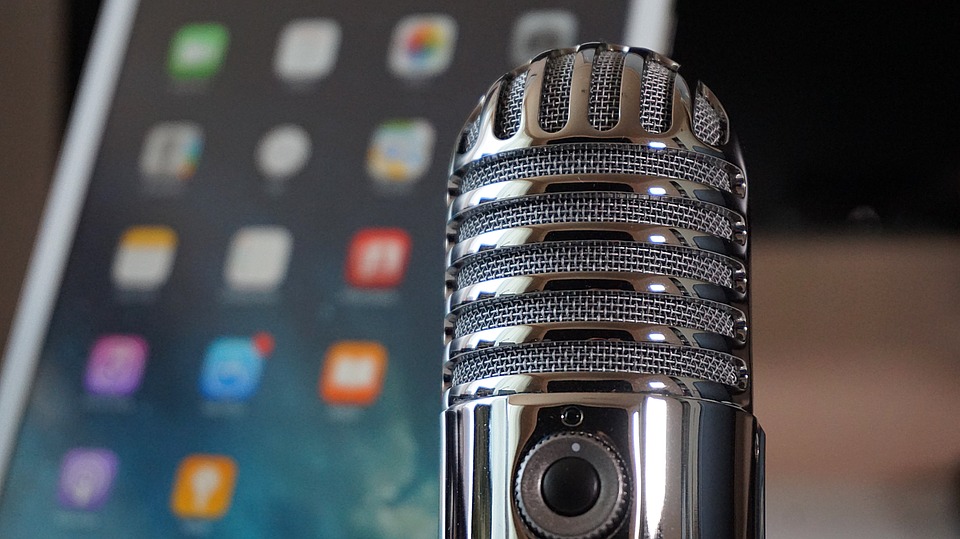Environmental Impacts of Podcasts
By Isaias Martinez

Podcasts are an important part of the way many of us consume media now. Podcasts, however, they still come with their inherent consequences. Environmental Journalist Annabel Gorman speaks about podcast disadvantages in one of her blog posts. She mentions the lack of regulation and speech in podcasts which leads into broader discussions about their disadvantages. While Gorman only describes these disadvantages through the lens of media intake, there is also an argument for the environmental repercussions of making a podcast.
Sarah Griffiths from the BBC goes on to describe how we are each responsible for making about 912lbs of carbon dioxide pollution through our usage of the internet daily (2020). This usage is not limited to podcasts, but it does open the conversation of how we use the internet the environmental consequences that ensue with it. A former media powerhouse in paper media is compared to digital media. A story by Alison Moodie on the Guardian explains that the, “On the surface, digital media does appear more sustainable. Electronic products such as phones and laptops are used over an over again, making it a renewable resource of sorts. But manufacturing electronic products also leaves a carbon footprint, as well as the energy needed to power them (2014). They continue on that a comparison between the two forms of media are not to be compared and both have their place. This leads to a plausible comparison paralleling the environmental impacts of digitized media with a source like the antagonized paper media.
Katelyn Silva from Gettysburg College helps explain the broader environmental impacts of multi-internet resources like data storage and cryptocurrency mining which help put into perspective the potential environmental consequences of the internet (2019). In general, the internet produces a significant amount of carbon dioxide through the usage of electricity, which often comes from the burning of fossil fuels. You might notice that the story focuses on China which might arise questions on how this issue affects us domestically.
The IRL Podcast, provided by Firefox, released an episode in which they analyze their environmental footprint. They indicate that their expected emissions are around 2,500lbs of Carbon Dioxide per episode (2019). If we reflect to our proposed internet footprint, this number adds to our already existing footprint. This was episode 3 of season 5. These emissions are ones that seem large, but we should think about the impacts that other forms of media have. Other forms of media like print affect many energy sectors and nature which can lead to a greater emission of pollutants.
The podcast also introduces us to Kris De Decker who realized the impacts of his website due to its complexity and changed it accordingly. We can use his changes to his website as a reflection when thinking about our personal usage of media and the environmental consequences. To end, the environmental impacts of media extend to podcasts and their impact has even been quantified by the IRL Podcast. All of this to make us all reflect on the negative impacts of online media/journalism on the environment.
Sources
Giffiths, S. (2020). Why your internet habits are not as clean as you think. BBC. Online
Gorman, A. (2021, October 22). Podcasts: A Tool for Freedom of Speech or Misinformation?. Environmental Journalism WordPress. Blog Post. Online
Marks, L. U. (2020). Calculating and Mitigating Our Streaming Carbon Footprint. Media+Environment. Online
Moodie, A. (2014, February 24). Is Digital Really Greener than Paper?. The Guardian. Online
Silva, K. (2019). Digital Footprints. Gettysburg College. Online
Zomorodi, M. (2019, July. 15). The Internet’s Carbon Footprint. [Audio Podcast Episode S5:Ep3]. IRL Firefox. Online
Edits
This Blog Comment was edited on the 8th of December 2021. The primary edits include the inclusion of digital media to other forms of media, in particular paper media. The both are known as complete opposites but some believe in their paralleled impact on the environment.


